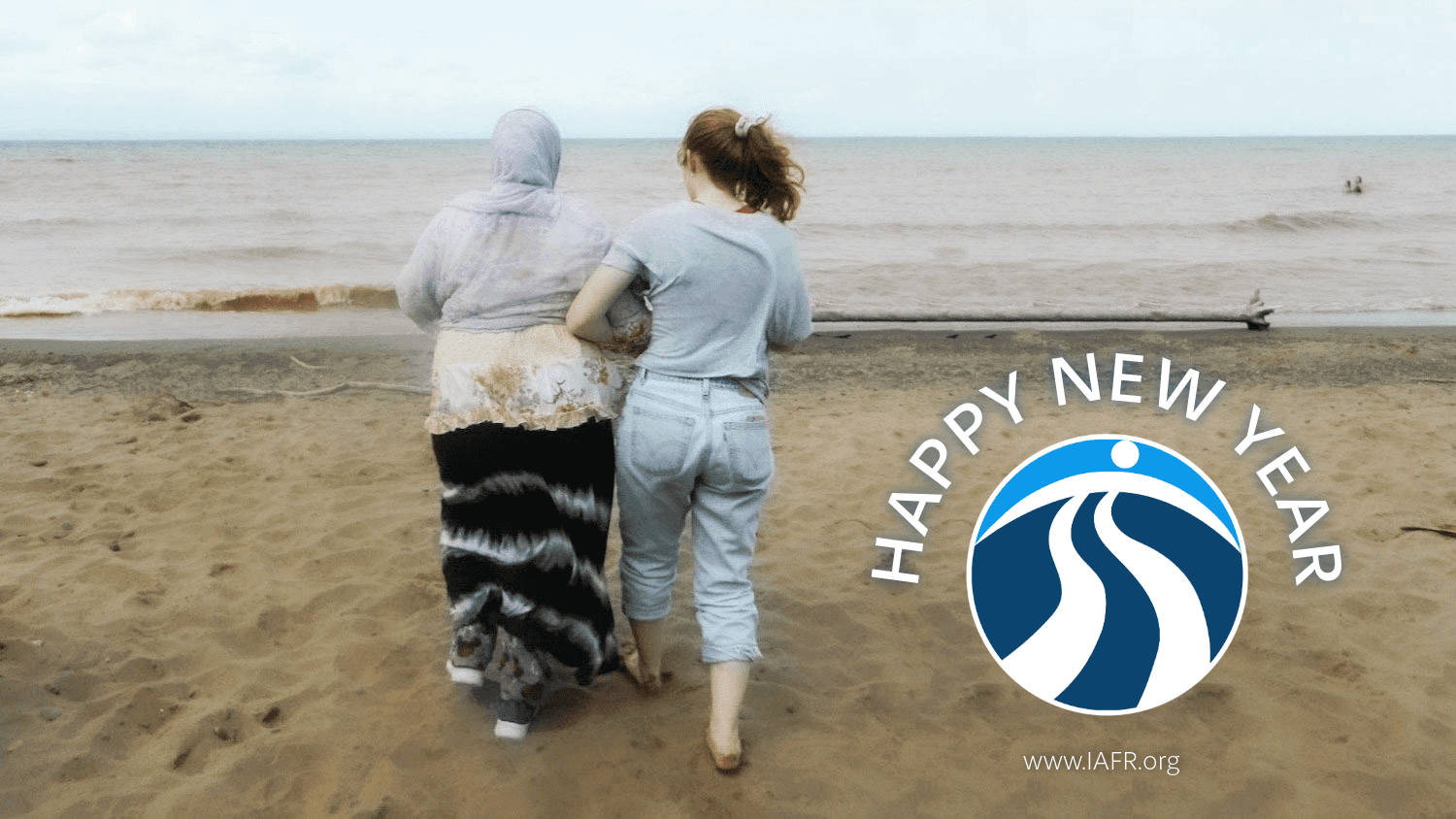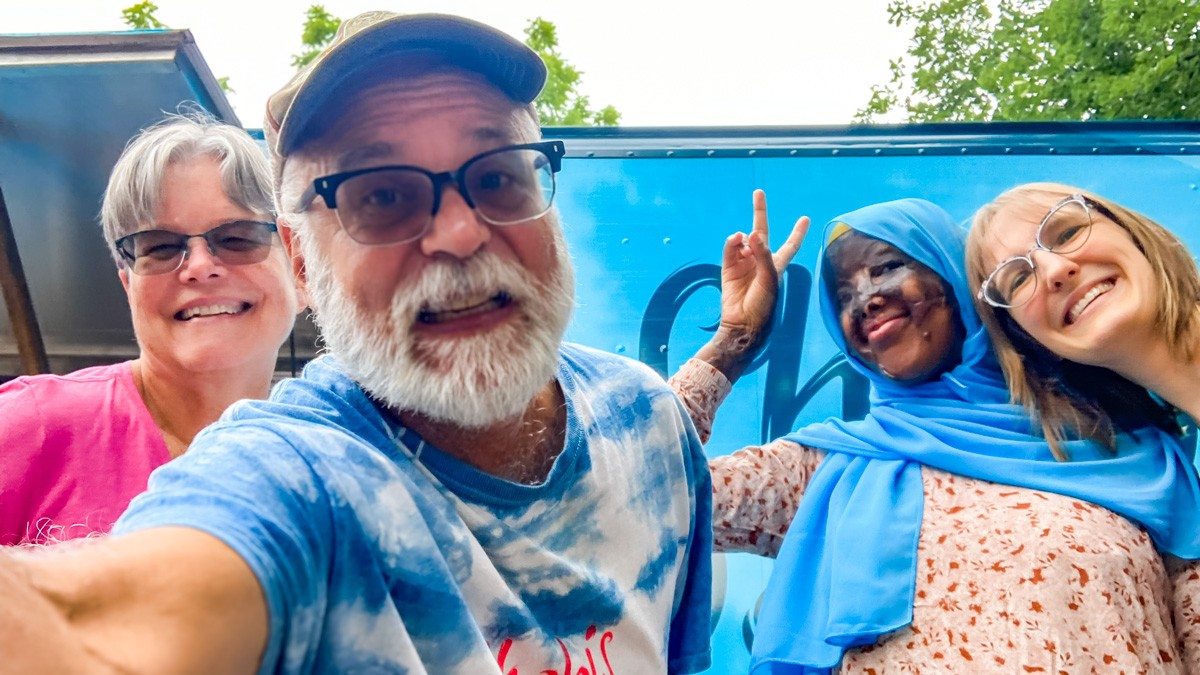Working in the green and blue zones
Jul 26, 2023
- Andrew Sandeen with Rachael Lofgren

"What brought you to Fort Morgan?" I ask my Somali friend.
I'm newer in town than he is and just learning how agricultural work impacts and intersects with our immigrant communities in the high plains of northeast Colorado. He works a physically taxing job at the local meatpacking plant, employing approximately 2000 people, many of whom have a refugee or migration story.
His answer is simple: "I need to earn money.”
But the realities go much deeper. Piecing together his story and the stories of other new friends happens gradually through multiple conversations.
The Strength to Live This Story
Some refugees in Fort Morgan are supporting a spouse and children who remain somewhere in Africa – Somalia, Djibouti, Kenya, or Ethiopia. Whether in a refugee camp or city, their family members are still in survival mode and hoping for resettlement in a stable place someday, preferably with their loved one in the U.S.
Working at a meatpacking plant, where the labor is needed, the pay is decent, and the English-speaking requirements are minimal, provides some support for the resettled refugee’s disrupted family. The work is tiring and difficult, but living in a small agricultural town with a significant number of other people who are living out similar migration stories feels safe. There is some hope for a brighter future.
I think about my Somali friend’s story and the strength it takes to live it. I think of the many men and women who work at the local meatpacking plant or one of the large dairies in the area. Their families depend on them from afar and yearn for reunification and similar opportunities for a more settled life.
An Eritrean Mother Yearns for Her Children
For an Eritrean mother I’ve talked to, also working at the meatpacking plant, the most painful thing for her is waiting for an appointment with the U.S. embassy in the African country where the rest of her family temporarily resides. Years keep ticking by. Holding the hope of reunification with her family is heavy, but she knows it is the only way forward. Life without them is empty. If she visits her family, she endures more paperwork and the possibility of having to quit her job and then reapply when she returns. However, any troubles or risks are worthwhile when there is hope of reuniting with her children.
The Rhythms of Uncertainty
Life in the agricultural world has a rhythm of accepting uncertainty and disruptions. So do the journeys of my refugee friends and neighbors who make up a large portion of the workforce for local agricultural businesses. We cannot control many things: crop production outcomes, drought, storm damage, or disease. Tough phone calls, sickness, death of loved ones, or immigration processes and outcomes.
Green and Blue Line Work
Refugees and asylum seekers in our small town wouldn't have left their country of origin had they not been forced out by political and social disruptions, war, or some other form of violence. On IAFR's Continuum of Recovery, we call "recovery work" "green line work." Beyond that, “blue line” work focuses on integration as individuals or families establish their social place and flourish in the community where they are. We seek to engage people in both phases with our Fort Morgan efforts.
As our refugee and immigrant friends recover their lives and build their futures, we walk with them in nurturing emotional well-being, growing personal capacity, and collaborating on innovative ways to recognize and celebrate their meaningful contributions to our community, including but certainly not limited to their work in agriculture and food production.
Other Featured Posts

Reciprocity: experiencing God's blessings together
Feb 19, 2026

An empty seat
Feb 4, 2026

Statement Concerning ICE in Minnesota
Jan 23, 2026

Harvest Season at Hope Community
Jan 15, 2026

Happy New Year!
Dec 31, 2025

Merry Christmas from IAFR
Dec 23, 2025

Love Made Me Forget My Scars
Dec 17, 2025

Hope Has a Name
Dec 10, 2025


